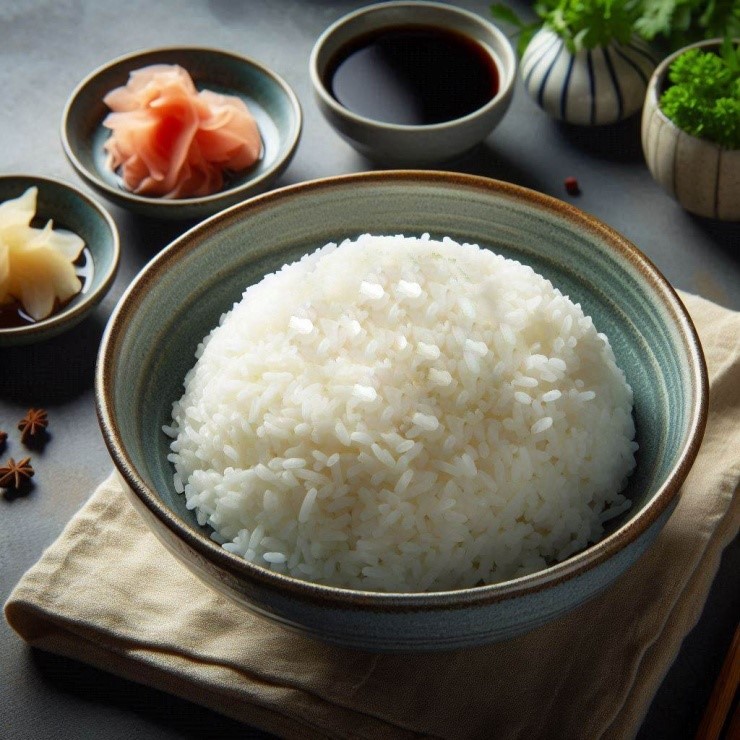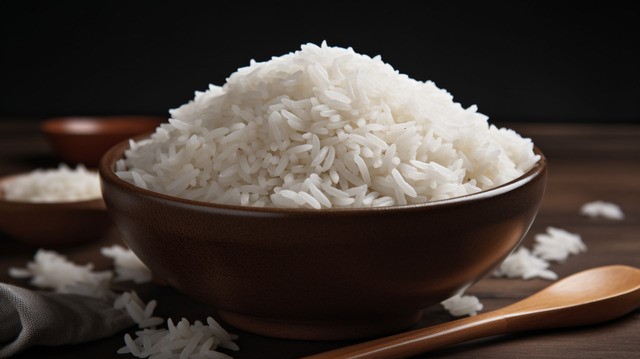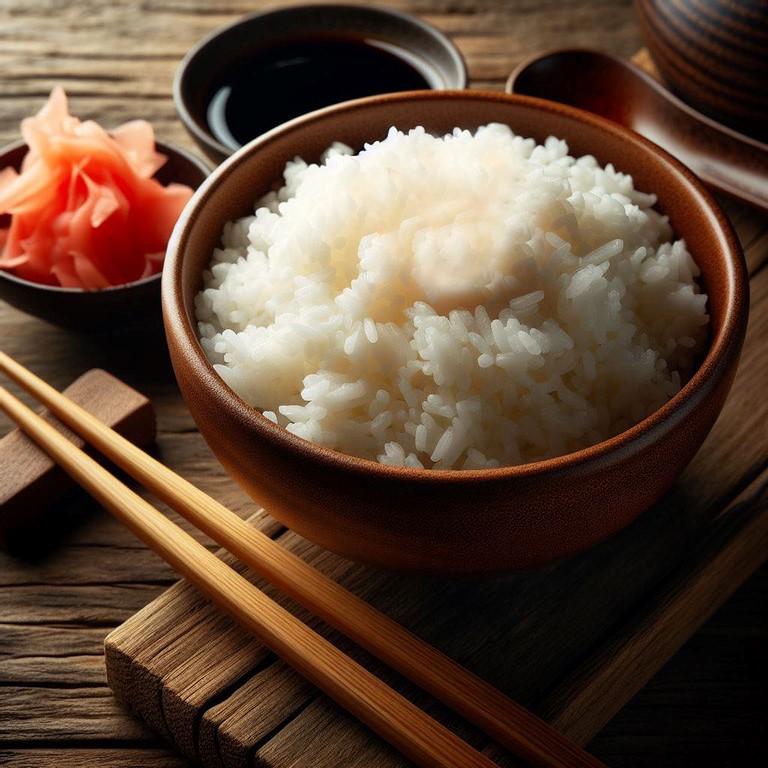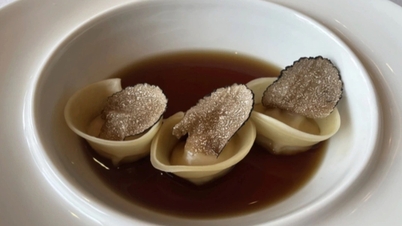Eating too little rice will not give you enough energy for daily activities, and eating too much is not good for your health.
Rice is one of the most essential foods in human daily life. Rice is rich in nutrients such as carbohydrates, vitamin D, niacin, calcium, fiber, riboflavin, iron, thiamine, etc. All of these nutrients are essential for strengthening the immune system and helping to balance the general activities of the body.
Despite regular use, not everyone knows how to balance the amount of white rice they should eat each day to ensure energy and bring benefits to their health. In fact, experts and scientists have shown that eating too little or too much rice in a day brings certain harmful effects to health.
What would happen if people did not eat enough rice in a day?
First of all, eating too little or not eating rice can cause nutritional deficiencies. This habit will cause the body to lack many essential vitamins and minerals such as: Vitamin B1, B2, B12, B6, niacin, biotin, pantothenic acid... From there, the body will be depleted of energy, affecting daily activities such as: Studying, working, playing.

Not eating rice also reduces brain function, affecting the brain's ability to function, think, and even mental health. In addition, when a person eliminates rice from their diet and replaces it with a large amount of meat and fish, it can overload the digestive system, causing intestinal diseases and even increasing the risk of cardiovascular diseases.
What problems can occur if a person eats too much rice?
According to information from the Institute of Food Safety, although white rice is one of the foods containing many nutritional values, eating too much can cause the following negative health effects:
The first harmful effect of eating too much white rice is the production of glucose. If not "eliminated" by physical activities, this amount of sugar will accumulate, increasing the risk of diabetes. In addition, eating too much rice is also a cause of obesity. The reason is because white rice is a refined grain that is absorbed faster when introduced into the body. This makes people feel hungry faster and crave more food, thereby causing excess energy, putting you at risk of gaining weight.

A study on the harmful effects of eating too much white rice in Korea has shown that people who regularly eat white rice for a long time have a higher risk of metabolic diseases than other groups.
So how much white rice a day is enough?
Experts believe that the main ingredient of rice is carbohydrates. This is a kind of calorie-saving nutrition that can be directly metabolized. From the perspective of the physical structure of the human body, 99% of the human body and its organs are composed of water, and carbohydrates are the main "basic raw materials" needed by our bodies.

In a reasonable diet, 50% to 60% of the total energy a person needs in a day comes from carbohydrates. According to Sohu news site, based on the physical condition of Asian people, an adult should eat a maximum of 3 bowls of rice a day. If there are other activities or labor levels, you should eat more. In case you eat too much, try to increase exercise to burn off excess calories.
Besides, people also need to combine rice with other foods to supplement adequate nutrition, help the body develop more balanced, and ensure better health.
According to Sohu
Source: https://giadinh.suckhoedoisong.vn/an-bao-nhieu-bat-com-trang-mot-ngay-la-du-dap-an-trai-nguoc-voi-quan-dem-cua-nhieu-nguoi-172241128153656413.htm




![[Photo] Touching scene of thousands of people saving the embankment from the raging water](https://vphoto.vietnam.vn/thumb/1200x675/vietnam/resource/IMAGE/2025/10/30/1761825173837_ndo_br_ho-de-3-jpg.webp)
![[Photo] General Secretary To Lam attends the Vietnam-UK High-Level Economic Conference](https://vphoto.vietnam.vn/thumb/1200x675/vietnam/resource/IMAGE/2025/10/30/1761825773922_anh-1-3371-jpg.webp)
![[Photo] General Secretary To Lam meets former British Prime Minister Tony Blair](https://vphoto.vietnam.vn/thumb/1200x675/vietnam/resource/IMAGE/2025/10/30/1761821573624_tbt-tl1-jpg.webp)
![[Photo] National Assembly Chairman Tran Thanh Man receives foreign ambassadors who came to say goodbye](https://vphoto.vietnam.vn/thumb/1200x675/vietnam/resource/IMAGE/2025/10/30/1761820977744_ndo_br_1-jpg.webp)



















![[Photo] Standing member of the Secretariat Tran Cam Tu visits and encourages people in the flooded areas of Da Nang](https://vphoto.vietnam.vn/thumb/1200x675/vietnam/resource/IMAGE/2025/10/30/1761808671991_bt4-jpg.webp)













































































Comment (0)